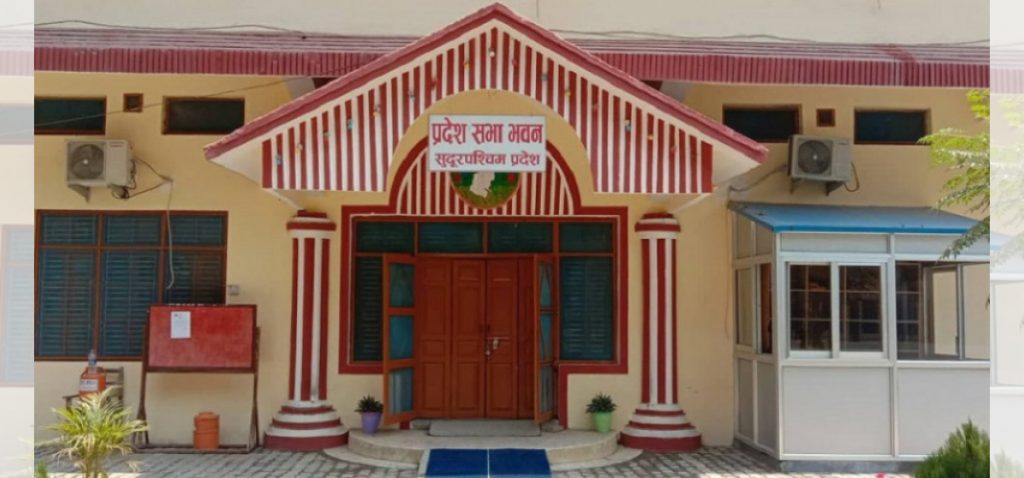KATHMANDU: The Sudurpaschim Province government has plunged into a budgetary void as of Tuesday.
The budget for the upcoming fiscal year 2081-82, announced on June 15, failed to pass in the provincial assembly, pushing the government into a budget holiday.
Chief Minister Dirgha Raj Sodari currently leads the Sudurpaschim government, but his administration has been in the minority for the past 10 days without finding a solution.
Sodari fell into the minority on July 4 after the CPN-UML withdrew its support.
Economic Affairs Minister Surendra Bahadur Pal, Internal Affairs Minister Hira Sarki, and Forest, Environment, and Cooperative Minister Bir Bahadur Thapa from the UML have already resigned.
On July 13, three major political parties, including the Nepali Congress (NC), UML, and Nagarik Unmukti Party, urged Sodari to resign and clear the way for new leadership, citing his minority status as the reason the budget couldn’t pass.
Economic Affairs Minister Surendra Bahadur Pal had presented a budget of Rs 31.62 billion on June 15 under the then coalition government formed on March 4.
However, there was no discussion on the budget until the end of the fiscal year.
The constitutional provision requires the budget to be passed by midnight on the last day of the fiscal year.
The failure to pass the budget has led to the current void.
While the majority of lawmakers suggested Sodari step down to pave the way for new leadership, he has shown no intention of resigning.
Sodari insists he will run the government until August 3, citing the constitutional provision that grants him 30 days to seek a vote of confidence.
The NC and UML, prepared to form a new government, are putting pressure on him to step down.
Akkal Bahadur Rawal, a leader from the CPN-Maoist Center and provincial minister, stated that the budget was not passed due to the UML’s non-cooperation.
He likened Sodari’s situation to that of Prime Minister Pushpa Kamal Dahal Prachanda, who faced a vote of confidence at the federal level.
No ordinance in sight
The possibility of an ordinance to resolve the budgetary crisis has been ruled out for now.
The government’s letter to the Province Chief’s Office requesting the end of the budget session remains pending.
Since the provincial assembly session is ongoing, issuing an ordinance is not constitutionally permissible.
An ordinance can only be issued when the assembly is not in session.
According to constitutional provisions, the province chief must send a letter to the assembly secretariat to end the session after receiving a letter from the government.
However, Province Chief Najir Miyan, who traveled to the federal capital Kathmandu on Sunday, has left the government’s letter unattended.
The provincial assembly meeting has been postponed indefinitely after the budget announcement on July 1.
An all-party discussion led by Speaker Bhim Bahadur Bhandari on Saturday to address the budget crisis also ended without resolution.
There is no consensus among the Nepali Congress, CPN-UML, and the Chief Minister on how to resolve the issue, resulting in a deadlock.









Comment